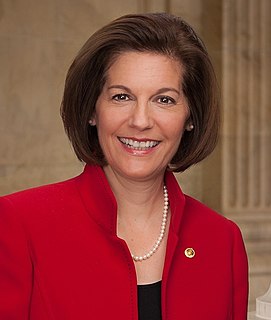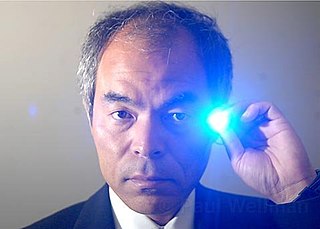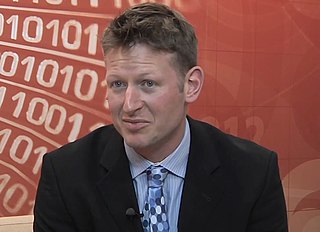A Quote by Alex Steffen
By fundamentally changing how we design the places and systems that enable our daily lives, we can slash emissions way beyond the immediate carbon savings - because our own personal emissions are just the tip of a vast iceberg of energy and resources consumed far from our view.
Related Quotes
...if we all turned down the thermostat in our house by just one degree, we would save over £650 million worth of energy and nearly nine million tonnes of carbon emissions every year. That would be the equivalent of taking three million cars off our roads...we can bring about a Green Consumer Revolution in this country to improve our lives, enrich our economy and protect our environment.
We have not done the things that are necessary to lower emissions because those things fundamentally conflict with deregulated capitalism. ... We are stuck because the actions that would give us the best chance of averting catastrophe - and would benefit the vast majority - are extremely threatening to an elite minority that has a stranglehold over our economy, our political process, and most of our major media outlets.
My first goal would be to reduce the perturbation in the carbon cycle. That would mean using carbon neutral sources of energy, and changing our agricultural practices to be less disruptive and polluting. I'm not talking about a policy here so much as changing the way our infrastructure works. That's why I'm so fascinated with changing the way we build cities, because they are the most developed forms of physical infrastructure for human habitation.
Cities are responsible for the vast majority of the creation of the economy. They're also places into which we pour the vast majority of resources, the vast majority of energy and the places where a huge percentage of the decisions about how systems are built and how products designed, etc., happen.
The transition from coal, oil, and gas to wind, solar, and geothermal energy is well under way. In the old economy, energy was produced by burning something - oil, coal, or natural gas - leading to the carbon emissions that have come to define our economy. The new energy economy harnesses the energy in wind, the energy coming from the sun, and heat from within the earth itself.




































